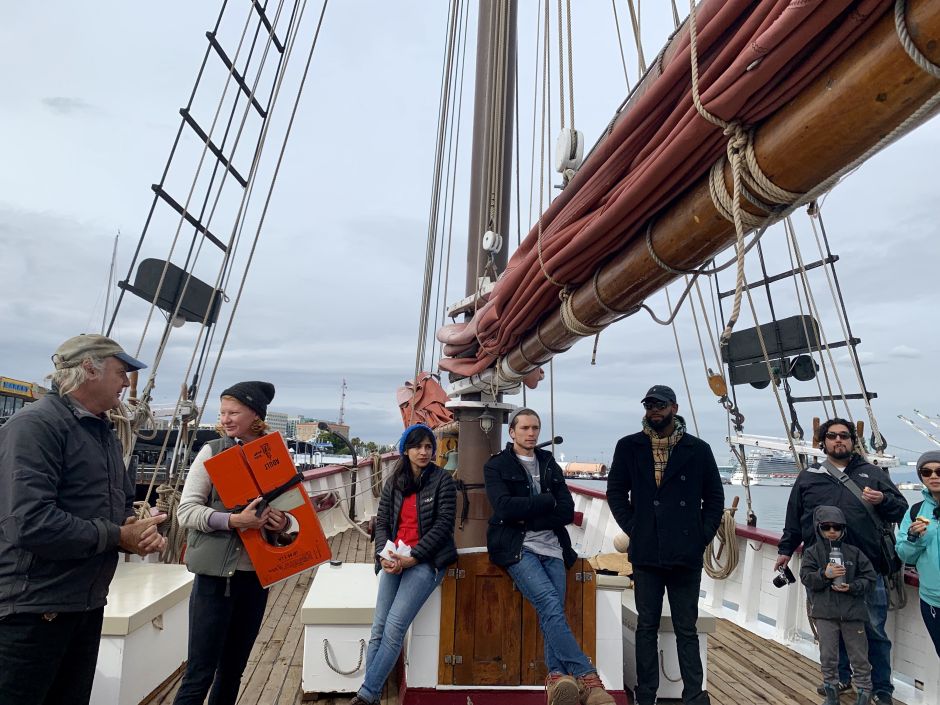A bilingual tour offers you the opportunity to learn about marine life and the impact of human pollution
Have you ever been on a sailboat? The Maritime Institute of Los Angeles and the Coastal Commission of California invite you to get on board to take you on a walk along the coast of the port of San Pedro, which will forever change the way you see the ocean.
"Our goal is to create environmental awareness so that we take personal action and reduce marine pollution from plastics, ”Says Mark L. Friedman, director of Marine Science Education and Curriculum at the Los Angeles Maritime Institute, who personally leads these excursions.
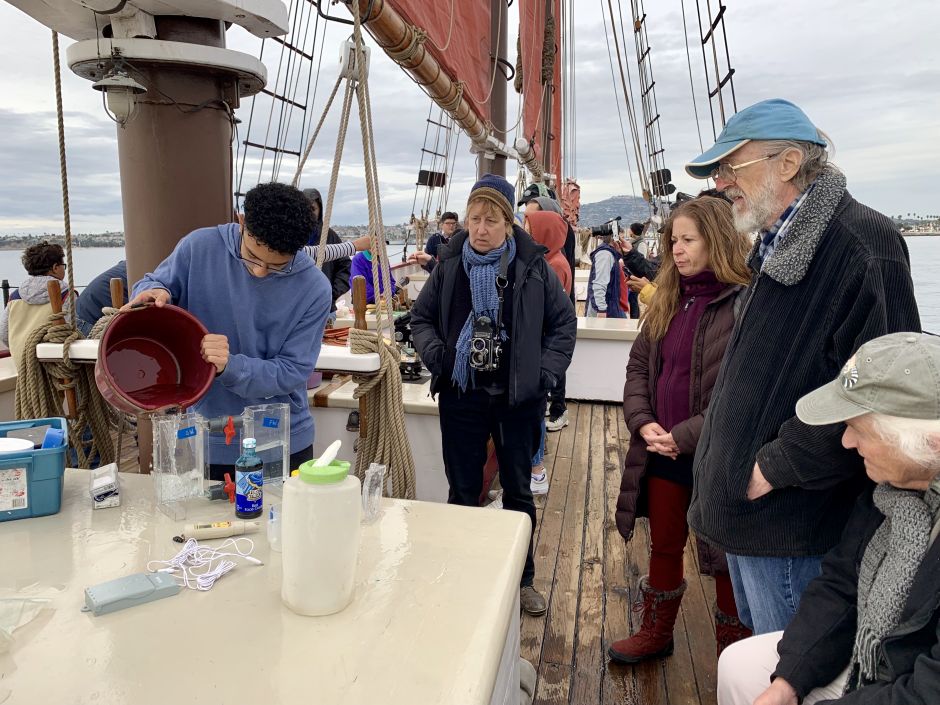
During the trip, Latino high school students who volunteer, show children and adults in detail the impact of plastics contamination on marine organisms.
They teach how pollution affects water quality and marine ecosystems.
The ride lasts three hours. It takes place on a Saturday every month. It is completely free, with explanations in Spanish and English. And it leaves from the port of San Pedro. Families and children are welcome, but minors must be over the age of eight, and cannot address if an adult.
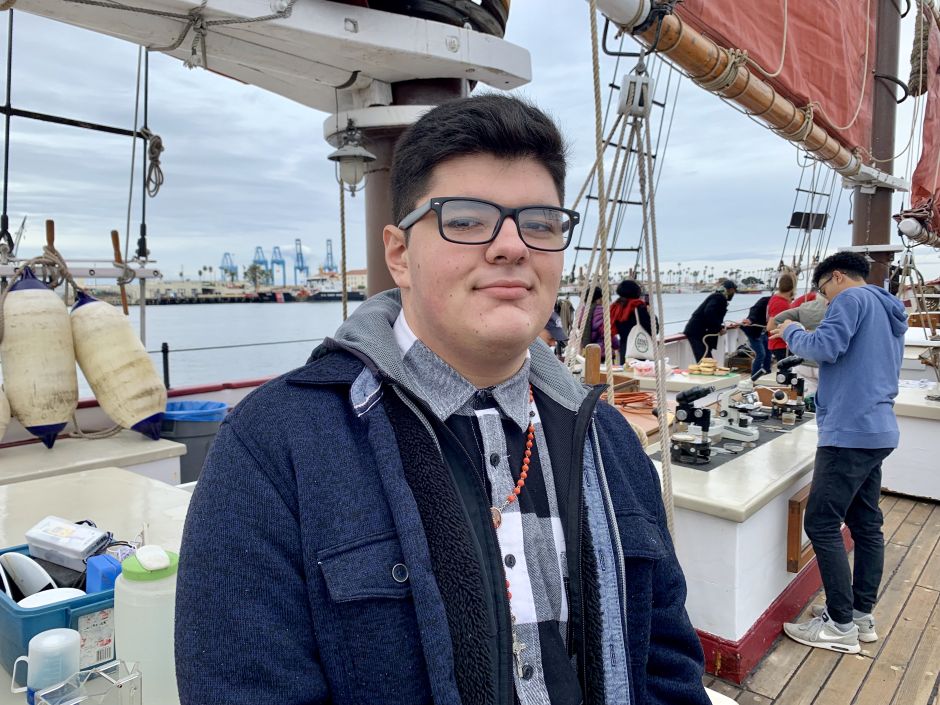
However, Friedman says that every day of the week, the sailboat is loaded with students from Los Angeles schools. "We carry more than 7,000 students every year," he says.
José Velásquez, who is a volunteer guide during the sailboat rides, talks that he was encouraged to participate because he likes the sailboat's mission to educate the communities.
"Many people who live in our Latino communities are not educated about what is happening in our oceans. We want to change that because pollution affects us in everyday life, ”says José, 16, a student at Ánimo Leadership Charter High School in the city of Inglewood.
"I like to look at people's confused faces when I explain what plastic pieces smaller than five millimeters do to the ocean and animals," he says.
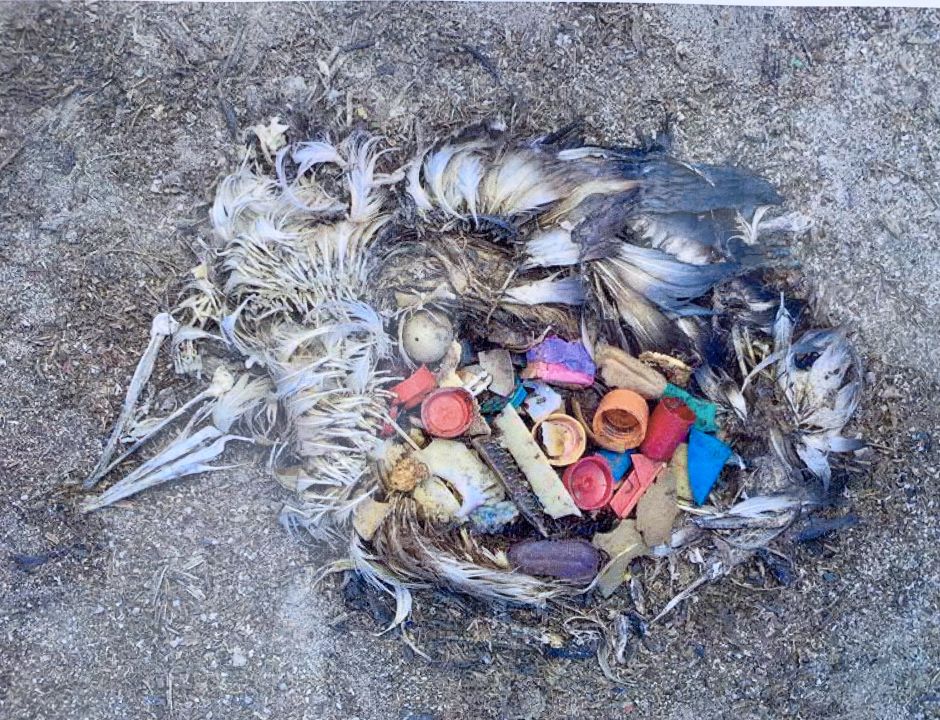
José says that straws that reach the sea damage a lot. "We want to educate the community so that they do not use straws, or use bamboo or metal, because these as well as pieces of plastic foam are consumed by fish and other animals," he says.
"What happens is that if you eat a fish or other marine species that has eaten the plastic, you are also eating the plastic", mentions.
And he says that they not only intend to educate those who go to the presentation on the sailboat. "We want them to take this information and share it with their families and friends so that they also educate themselves on the subject," he observes.
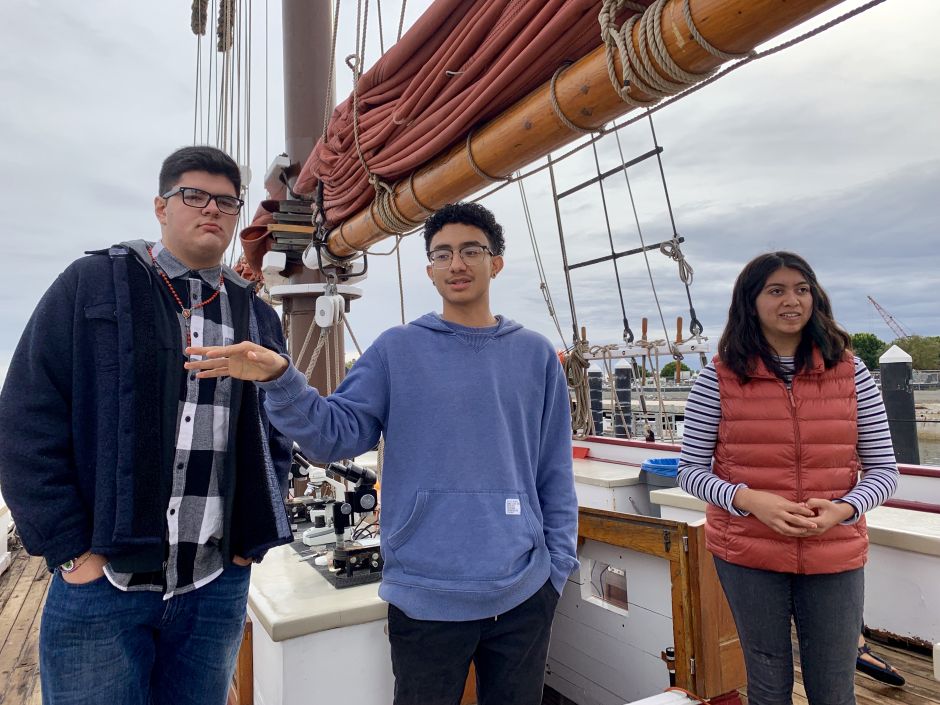
Kevin Zepeda, a 17-year-old volunteer, says he started as an interpreter, but now he is one of the young people who teach people who get on the sailboat.
“People are surprised and moved by the information we give them. Not everyone knows the damage caused by plastics, ”he says.
"To make a big impact, we need to unite because with one person it won't be able to make a change soon. ”, mentions this young man who wants to study marine biology.
"I definitely invite people to come on this sailboat ride so they know the real damage of plastics to the ecosystem because in the end that comes back to us and is going to make us sick," he says.
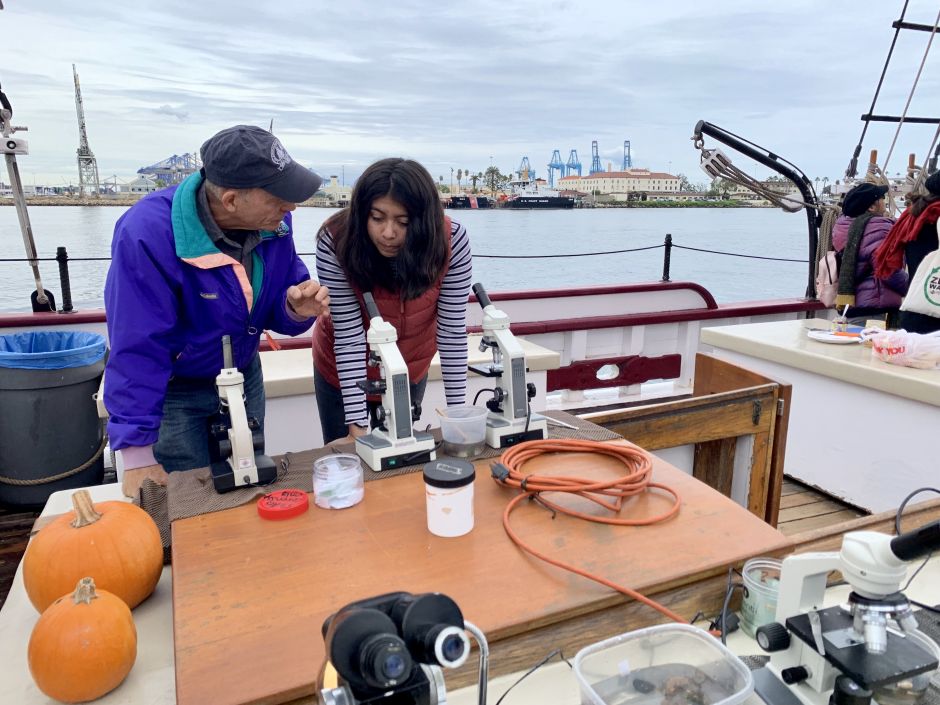
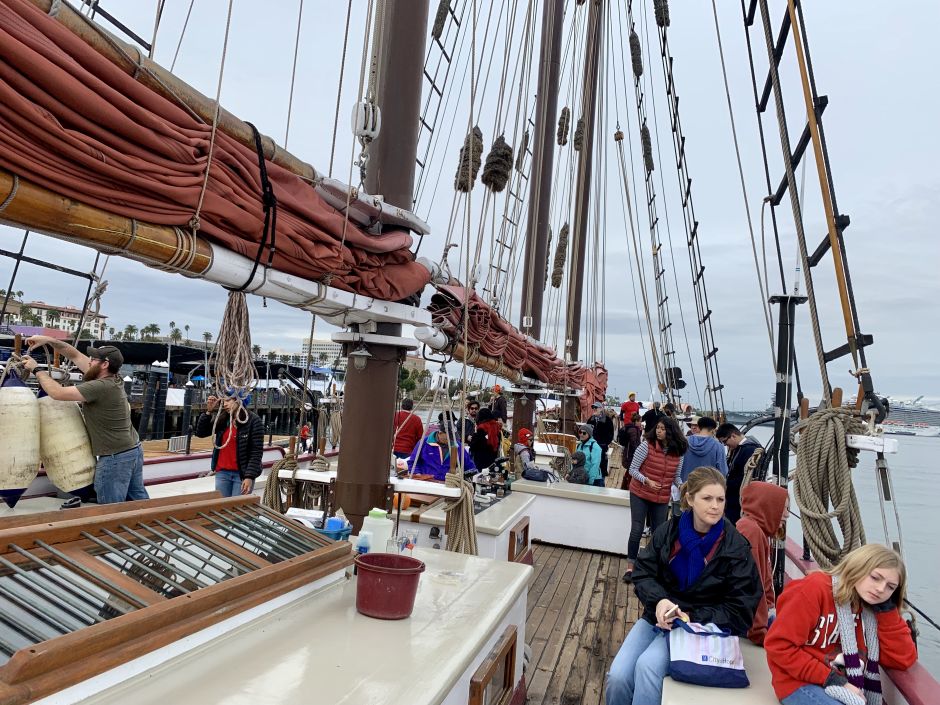
"People can start at home, recycling and avoiding the use of plastics that are used only once and thrown away ”says Kevin who decided to volunteer for the sailboat when he went to a beach cleaning.
Silvia Askenazi, an Argentine immigrant who went with a friend to the walk, commented that she liked to see the work of the young volunteers.
“I learned about the ecological problems we have; and even how to navigate. Now I'm going to think more about the pollution of plastic ”, recognizes Silvia.
Today, Saturday, December 21, there will be a ride on an environmental education sailboat, call 310-833-6055, and reserve your place and that of your friends and family. You can also visit the site http://www.lamitopsail.org; or request more information at info@lamitopsail.org

